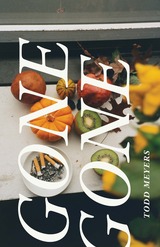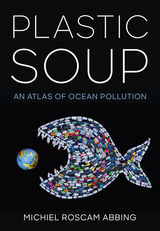
In Plastic Soup, Michiel Roscam Abbing of the Plastic Soup Foundation reveals the scope of the issue: plastic trash now lurks on every corner of the planet. With striking photography and graphics, Plastic Soup brings this challenge to brilliant life for readers. Yet it also sends a message of hope; although the scale of the problem is massive, so is the dedication of activists working to check it. Plastic Soup highlights a diverse array of projects to curb plastic waste and raise awareness, from plastic-free grocery stores to innovative laws and art installations.
According to some estimates, if we continue on our current path, the oceans will contain more plastic than fish by the year 2050. Created to inform and inspire readers, Plastic Soup is a critical tool in the fight to reverse this trend.
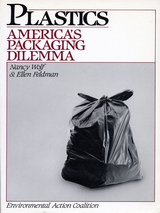
Plastics explains what plastics are, how they are made, how they are used, and the problems and opportunities they bring.
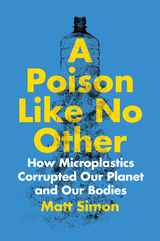
It’s falling from the sky and in the air we breathe. It’s in our food, our clothes, and our homes. It’s microplastic and it’s everywhere—including our own bodies. Scientists are just beginning to discover how these tiny particles threaten health, but the studies are alarming.
In A Poison Like No Other, Matt Simon reveals a whole new dimension to the plastic crisis, one even more disturbing than plastic bottles washing up on shores and grocery bags dumped in landfills. Dealing with discarded plastic is bad enough, but when it starts to break down, the real trouble begins. The very thing that makes plastic so useful and ubiquitous – its toughness – means it never really goes away. It just gets smaller and smaller: eventually small enough to enter your lungs or be absorbed by crops or penetrate a fish’s muscle tissue before it becomes dinner.
Unlike other pollutants that are single elements or simple chemical compounds, microplastics represent a cocktail of toxicity: plastics contain at least 10,000 different chemicals. Those chemicals are linked to diseases from diabetes to hormone disruption to cancers.
A Poison Like No Other is the first book to fully explore this new dimension of the plastic crisis, following the intrepid scientists who travel to the ends of the earth and the bottom of the ocean to understand the consequences of our dependence on plastic. As Simon learns from these researchers, there is no easy fix. But we will never curb our plastic addiction until we begin to recognize the invisible particles all around us.
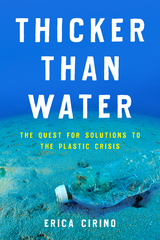
Much of what you’ve heard about plastic pollution may be wrong. Instead of a great island of trash, the infamous Great Pacific Garbage Patch is made up of manmade debris spread over hundreds of miles of sea—more like a soup than a floating garbage dump. Recycling is more complicated than we were taught: less than nine percent of the plastic we create is reused, and the majority ends up in the ocean. And plastic pollution isn’t confined to the open ocean: it’s in much of the air we breathe and the food we eat.
In Thicker Than Water: The Quest for Solutions to the Plastic Crisis, journalist Erica Cirino brings readers on a globe-hopping journey to meet the scientists and activists telling the real story of the plastic crisis. From the deck of a plastic-hunting sailboat with a disabled engine, to the labs doing cutting-edge research on microplastics and the chemicals we ingest, Cirino paints a full picture of how plastic pollution is threatening wildlife and human health. Thicker Than Water reveals that the plastic crisis is also a tale of environmental injustice, as poorer nations take in a larger share of the world’s trash, and manufacturing chemicals threaten predominantly Black and low-income communities.
There is some hope on the horizon, with new laws banning single-use items and technological innovations to replace plastic in our lives. But Cirino shows that we can only fix the problem if we face its full scope and begin to repair our throwaway culture. Thicker Than Water is an eloquent call to reexamine the systems churning out waves of plastic waste.
READERS
Browse our collection.
PUBLISHERS
See BiblioVault's publisher services.
STUDENT SERVICES
Files for college accessibility offices.
UChicago Accessibility Resources
home | accessibility | search | about | contact us
BiblioVault ® 2001 - 2025
The University of Chicago Press





